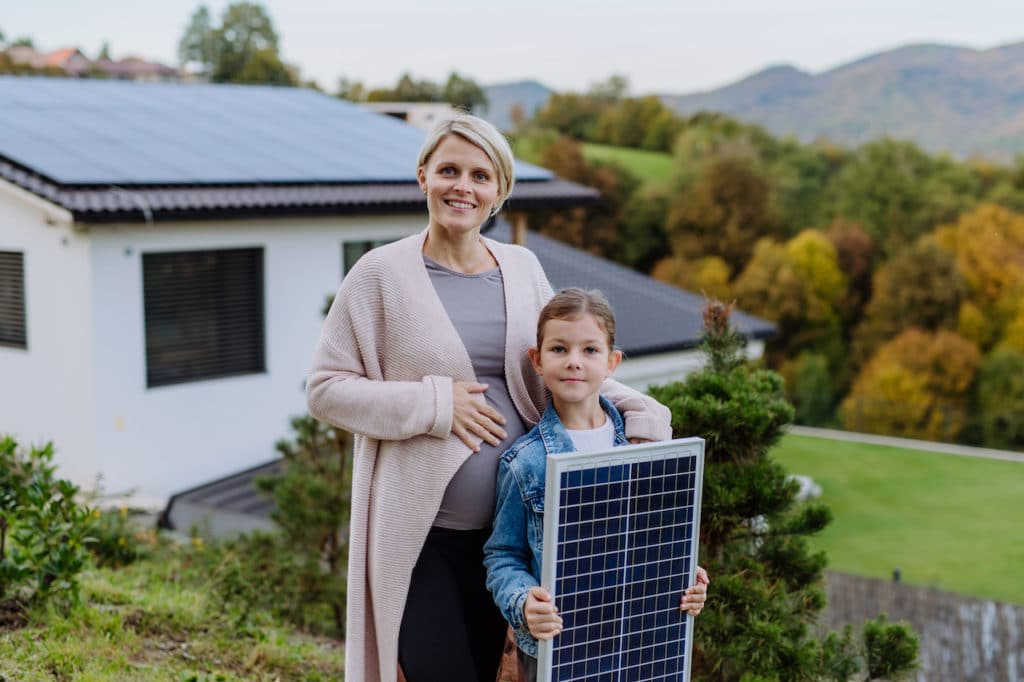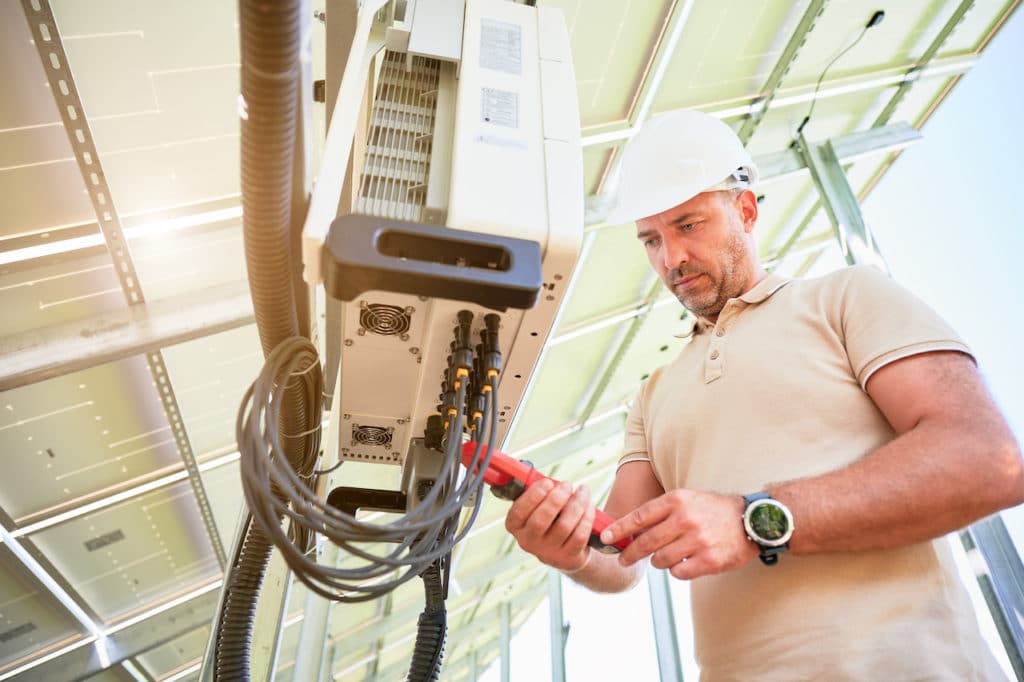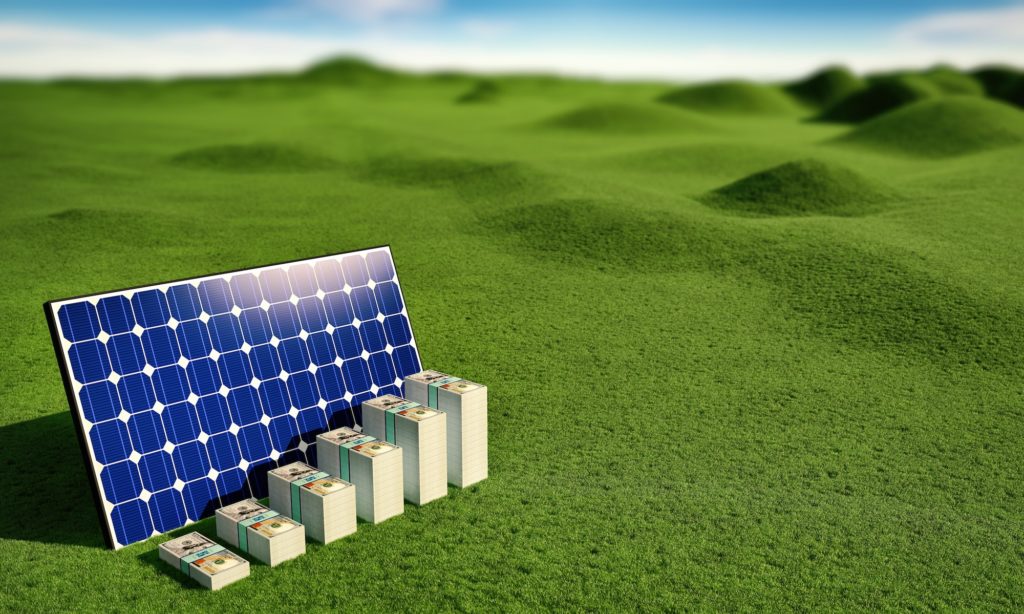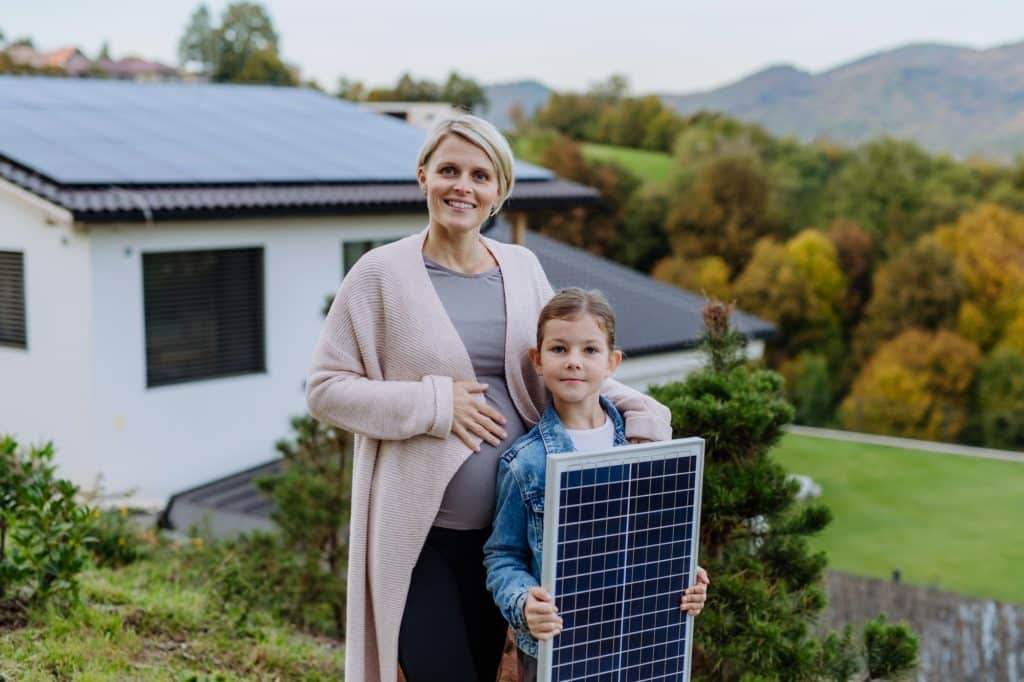As the planet continues to evolve, so do the means by which we acquire and utilise energy. With a growing demand for clean, renewable sources of power, solar energy has come forth as an effective challenger. From residential rooftops to vast solar farms, the use of solar panels has expanded exponentially in recent years. However, with this rapid growth comes a range of misconceptions and misunderstandings about the technology, its efficacy, and its impact on the environment.
As a result, it is crucial to debunk these myths and shed light on the true benefits and potential of solar panels. In this article, we will explore some of the common misconceptions surrounding solar panels and provide insights into the real facts behind this powerful and innovative source of energy.
1. Solar Panels Are Expensive
One of the most pervasive and persistent misconceptions about solar panels is that they are prohibitively expensive and only accessible to the wealthy. This misguided belief has prevented many people from considering solar energy as a viable option for their homes or businesses.
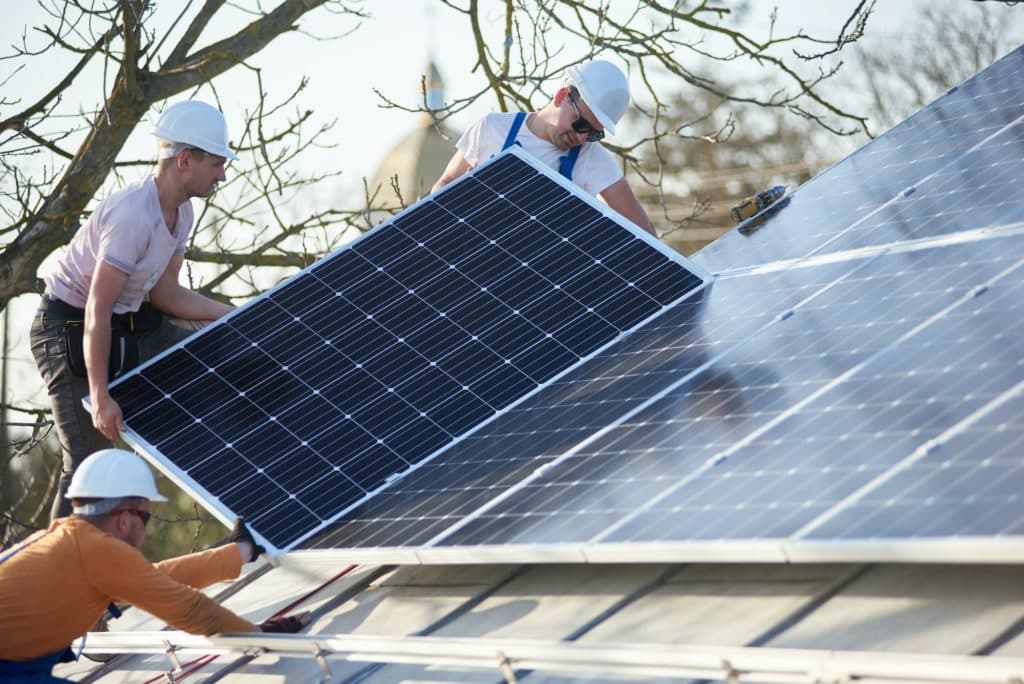
However, the truth is that solar panels have become much more affordable and accessible in recent years, thanks in large part to advances in technology and financing options. While it is true that the initial cost of purchasing and installing solar panels can be substantial, there are now numerous financing options available that can make solar energy accessible to virtually anyone, regardless of their income or financial resources.
From leasing programs to government incentives and tax credits, there are a variety of ways to reduce the upfront costs of solar panel installation and make the investment more manageable over time. In addition, the long-term savings that come from generating your own electricity can be substantial, making solar panels a sound investment both for the environment and for your wallet.
2. Solar Panels Don’t Work In Cold Or Cloudy Climates
Another common misconception surrounding solar panels is that they only work in hot and sunny climates and are ineffective in colder or cloudier regions. This belief is simply not true, as solar panels are designed to work in a wide range of conditions and climates. While it is true that solar panels perform best in direct sunlight, they can still generate electricity even on cloudy or overcast days.
In fact, some studies have shown that solar panels can even work more efficiently in cooler temperatures, as excessive heat can actually reduce their performance. Moreover, solar panels have been successfully installed and used in some of the coldest and darkest places on earth, such as Scandinavia and Antarctica.
Solar energy has an incredible potential to provide long-term benefits to both individuals and society as a whole
The key to making solar panels work in colder or cloudier climates is to ensure that they are properly installed and angled to capture the maximum amount of available sunlight. In addition, advances in solar technology have made it possible to store excess energy generated during sunny periods for use during cloudy or overcast periods.
3. Solar Panels Require A Lot Of Maintenance
FALSE! Solar panels are designed to be low-maintenance and can last for many years without needing much attention. In fact, most solar panel installations require little more than an occasional cleaning to ensure that the panels are free of debris and operating at peak efficiency.
Unlike other forms of power generation that require frequent repairs and replacement of equipment, solar panels have no moving parts and are designed to withstand the elements for decades. This means that once your solar panels are installed, you can expect minimal upkeep and virtually no ongoing costs.
4. Solar Panels Are Not Suitable For Homes With Small Roofs Or Limited Space
This is another common misconception about solar panels that prevents many people from taking advantage of their benefits. While it is true that large roofs or open land are ideal for solar panel installation, advances in technology have made solar energy accessible to virtually anyone.
Modern solar panels now come in a variety of sizes and shapes, which means they can be installed on virtually any roof or piece of land, regardless of its size. What’s more, new mounting systems have been developed that maximise the amount of energy generated from limited space.
Additionally, solar panels are now available in a variety of innovative styles, such as flexible and portable options that can be used in remote areas or where space is limited. This means that if you have a small roof or limited outdoor space, you can still take advantage of solar power and the cost savings it can provide. With the right installation and setup, virtually any home or business can benefit from solar energy.
5. Solar Panels Are Not Worth The Investment Because They Take Too Long To Pay Off.
While it is true that the initial cost of purchasing and installing solar panels can be significant, the long-term financial and environmental benefits can far outweigh these costs. In fact, studies have shown that the average solar panel system pays for itself in as little as 3 to 5 years, and can continue to generate clean, renewable energy for decades beyond that.
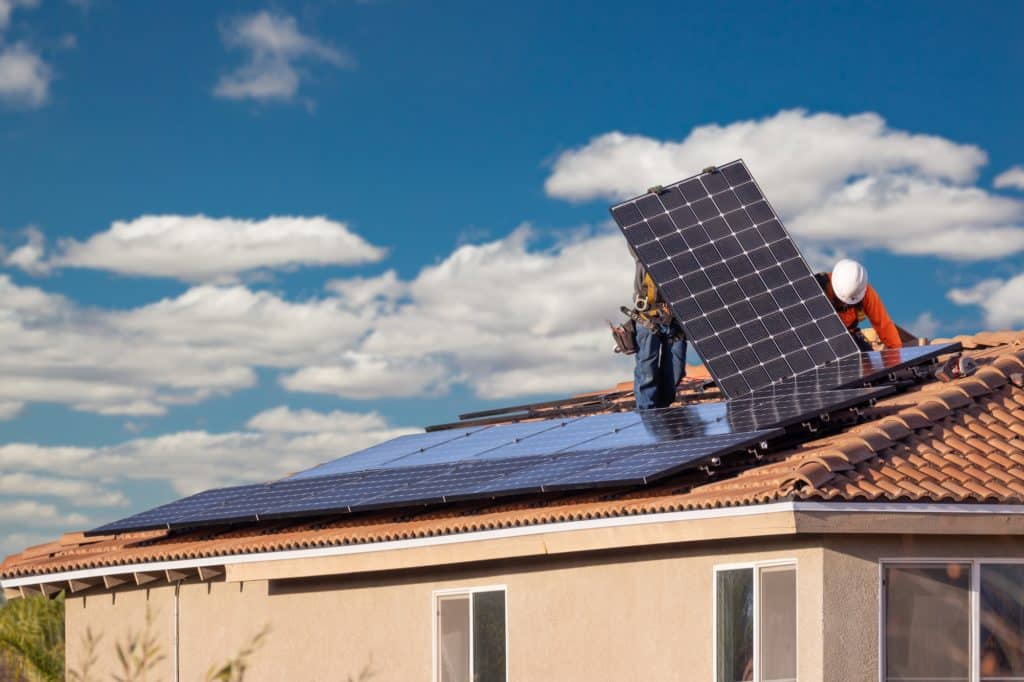
How does free, clean electricity sound? With solar energy, you can enjoy the financial benefits that come from reduced or eliminated electric bills for years to come. If that doesn’t sound like a worthwhile investment, we don’t know what does!
Conclusion
As Elon Musk once said, “The sun in your eyes doesn’t have to be a bad thing”. This statement speaks to the incredible potential of solar energy to provide long-term benefits to both individuals and society as a whole. Join the millions of people who have already made the switch and find out why solar energy is one of the most cost-effective and reliable forms of renewable energy available. Contact us to find out how you can start taking advantage of solar power today.

